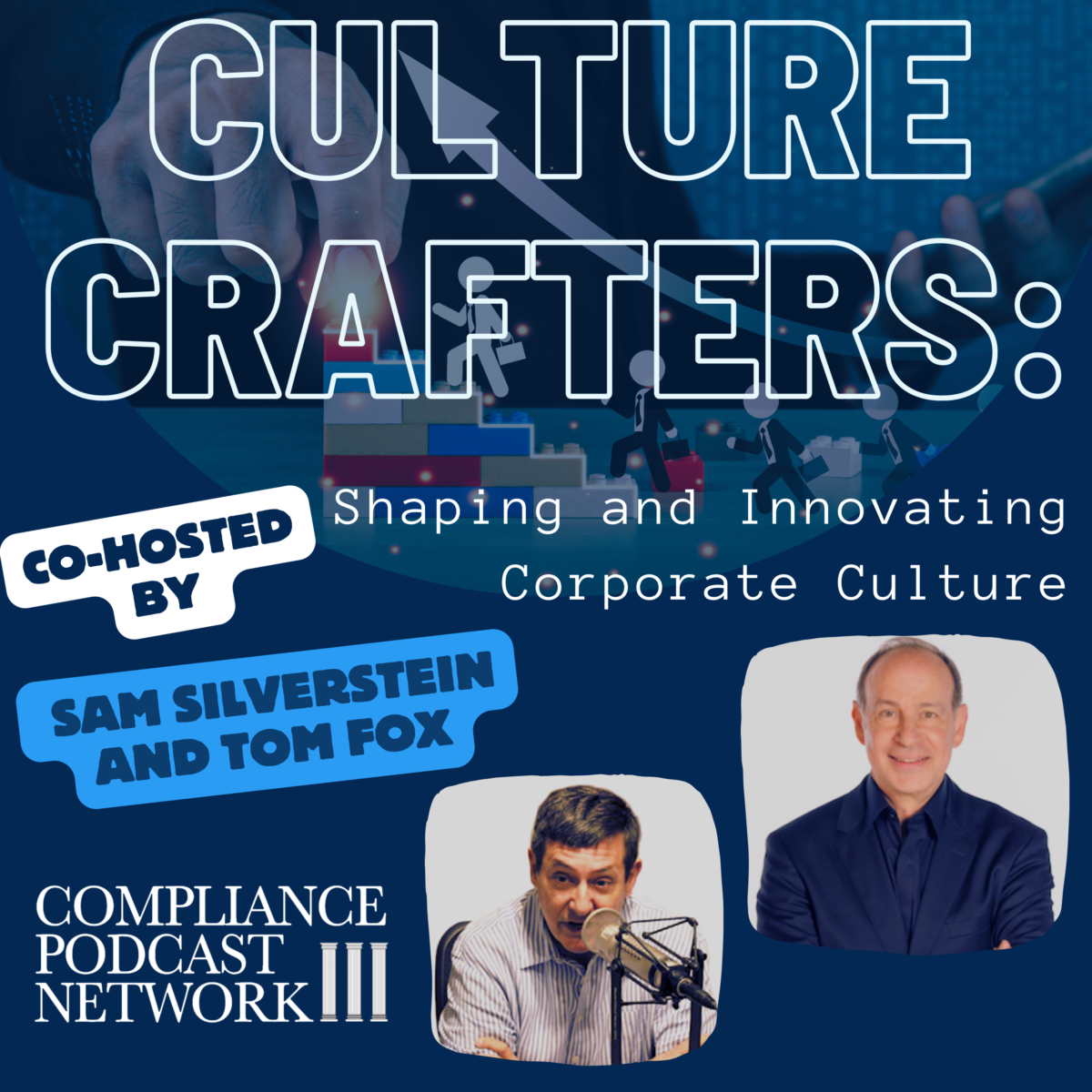In the FCPA Compliance and Ethics Blog this week, I will explore corporate culture from various angles. Since at least October 2021, the Department of Justice (DOJ) has made corporate culture part of its review for any company in a white-collar criminal investigation, specifically the FCPA. Today, I look at how a company can think through a process to redesign its culture.
How can you think of a different way to redesign your culture and compliance program? This is based on an article in MIT Sloan Management entitled The Four-Step Process for Redesigning Work by Lynda Gratton. Gratton believes a “fear of failure weighs heavily on many leaders tasked with managing new workplace expectations. Seeing the challenge as a process is the way forward.” Her piece provides a great way to consider the future decision to adopt hybrid or other working models.
Moreover, this fear is disrupting other areas that demand corporate attention right now and has left leaders hypersensitive to issues of retention and unsure what accommodations, if any, will attract and keep talent. They are also apprehensive about what their competitors are doing. This has a ripple effect. Because of the fear of failure, I’ve seen leaders begin to stumble on issues of inclusion, belonging, and identity. Rather than being bold and adopting an experimental mindset, they fall back to familiar operating methods and become less empathetic to what others want. When we fear failure, we retreat to the known.
I would only add that the same is true for the corporate compliance function.
In Gratton’s opinion, “Organizations need to undergo a structural overhaul, and more people than just the top leadership of an organization need to work out the task of moving forward.” Leaders who have confronted their fears and set about this task of overhaul have done it by moving through four crucial steps: understanding people, networks, and jobs; reimagining how work gets done; modeling and testing redesign ideas against core principles; and ensuring the overhaul sticks by taking action widely.”
Understand What Matters
The top fear or concern is the decision to work from home or require workers to return to the office. However, the key is “to precisely understand what matters: for example, where and how productive work takes place, what people want, and how knowledge flows.” For instance, being in the office can increase productivity for crucial tasks, particularly when it comes to individual thinking, analyzing, and writing. It turned out that being out of a busy office during lockdown was a plus for these people.
However, that is not the only equation, as “work, people, and knowledge flow differently across companies.” Gratton noted from one study participant, “Bringing ideas from all our disciplines is crucial. We have engineers, designers, planners, technical specialists, and consultants in the office. We want them to talk to each other and bounce ideas off each other.” This leadership clarity allows “an office-based way of working that would maximize highly valued cooperative behavior.”
Reimagine new ways of operating.
Understanding the focus of your compliance team can be a key driver of productivity. Still, it can also lessen “fears about pushing for an office-based way of working and enable them to be imaginative and bold.” For instance, you might create opportunities for some employees to work anywhere for three months. Once again, this might not work for all companies, but if your compliance tasks can lend themselves to this approach, it could be helpful for you to consider it going forward.
The author reported, “Unilever reimagined the employee contract—the set of promises employers make to their people.” To that end, “the conglomerate reimagined how to enable employees to work for Unilever while engaging in other activities such as starting a business, traveling, or caring for a family member. In this model, called U-Work, some employees receive a monthly retainer and earn assignment pay. Importantly, they also get pension support and access to health insurance.” This allows flexibility “between being a full-time employee and being a contractor or agency worker from a third-party organization.”
Model and test new ways of working
Any model work should be aligned with the company’s purpose or business strategy. Unfortunately, that means treating your employees like children in many top-down businesses. But if you succeeded during the pandemic (and you had to), you should be able to determine a hybrid way of working that could have a longer-term impact.
For compliance, that might mean a fuller determination of what “customer-centric means and how hybrid work would have to align with changing customer needs.” Of course, for a compliance professional, your customers could be a variety of stakeholders, such as employees, Supply Chain vendors, or other third parties. The author’s point is to “be bold and courageous in your attempt… in the spirit of being experimental.”
Act and create
An explicit concern is that new work models may become fads that are never really embedded into the company’s culture or will be discarded at the first sign of a recession or cost-cutting. While senior leadership is critical in supporting such initiatives, Gratton identified four ways to deepen engagement and support throughout an organization for such a change.
1. Managers must be engaged. A series of workshops with them helped create a managerial playbook.
2. Communication to describe how these new work models would positively impact talent attraction and retention while supporting the strategic aim of the business.
3. Managers should have open and active communication channels with their teams to reach agreements on details, such as when employees will work together in the office and when they will engage in focused work at home.
4. Managers should support each other through peer networks to support and learn from each other.
Gratton ended her piece by challenging leaders to ask themselves three questions: “Where are you now on redesigning work? Are there steps you need to take to reengage more purposefully? Are you clear about what your biggest priorities are? Your actions will create your signature work model and define the deal you are making with your employees and customers.” The same applies to a Chief Compliance Officer, the corporate compliance function, and culture.










